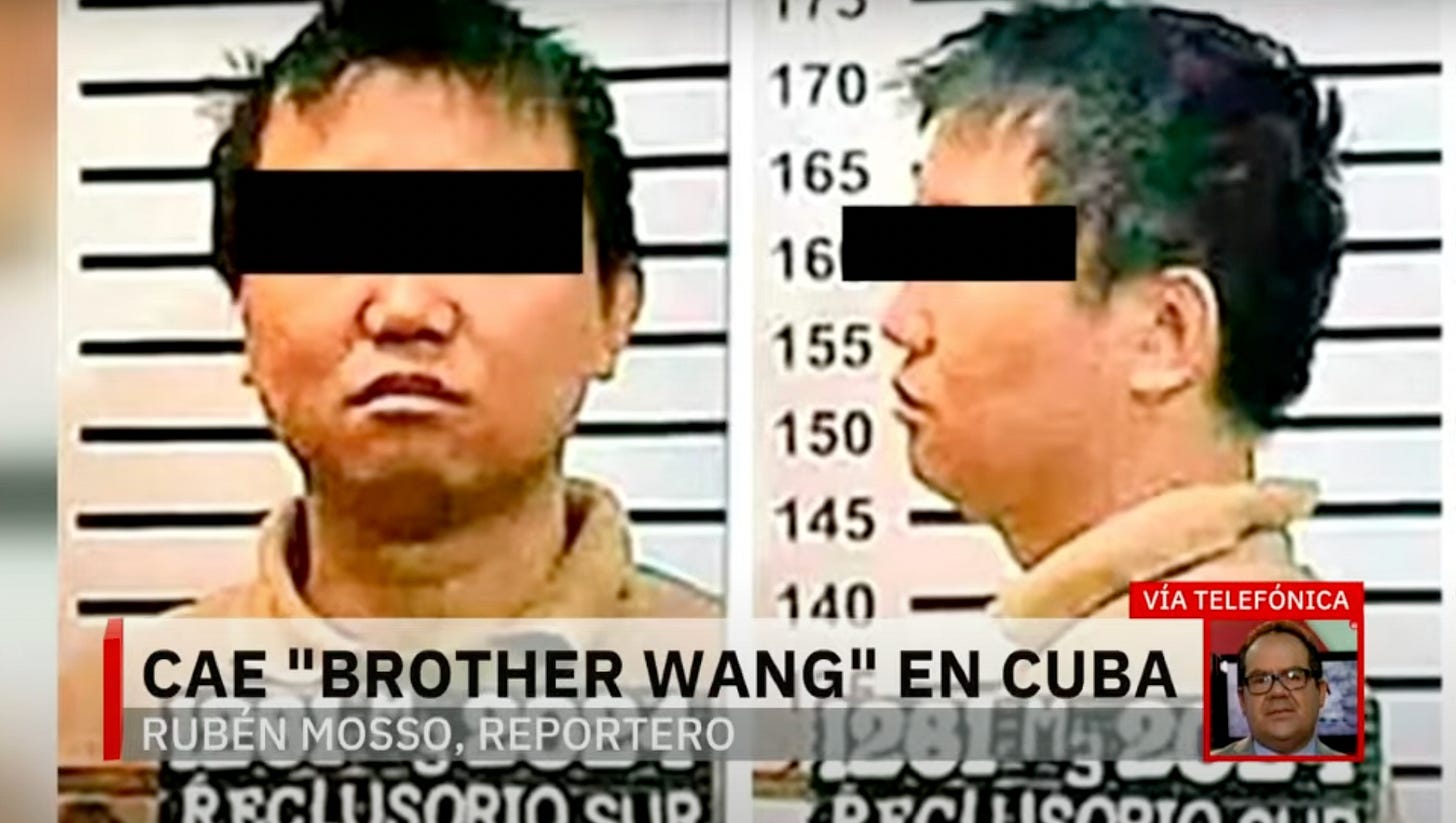Exclusive: Chinese-Mexican Fentanyl Kingpin With Ties to Chinese Diplomats Reportedly Slipped Past Canadian Border Agents
Canada Missed Chance to Stop Global Fentanyl Financier Later Caught in Cuba, Intelligence Source Alleges.
VANCOUVER — One of Washington’s top Mexican cartel targets — a Chinese fentanyl kingpin reportedly detained in Cuba after a stunning flight from a Mexican jail months ago — has significant ties to Canada, including connections to Chinese diplomatic missions in both Ottawa and Vancouver, and allegedly slipped through the fingers of Canadian border agents in 2017, The Bureau has learned.
Today, The Bureau reported that Zhi Dong Zhang, described by U.S. prosecutors as a transnational broker between China’s chemical-precursor industry and Mexico’s most powerful cartels — Sinaloa and Jalisco Nueva Generación — was captured in Cuba after unsuccessfully seeking refuge in Russia. But a Canadian criminal-intelligence source has now informed The Bureau that Zhang, nicknamed “the Chexican” by Canadian agents, flew into Vancouver International Airport in February 2017 using an illegally obtained Mexican passport.
The Sinaloa and Jalisco cartels maintain a strong presence in Vancouver, Toronto, and Montreal, and U.S. officials have repeatedly identified Vancouver as a globally significant hub in Chinese and Mexican fentanyl production and trafficking networks.
“During questioning, Zhang admitted he was working for a money-laundering network in Mexico City and a parent company in China,” the source said. “His phone had numbers for lawyers in Toronto and Vancouver, as well as the Chinese embassies in Vancouver and Ottawa.”
He was also carrying more than $10,000 CAD in cash and 14 bank-security fobs, suggesting links to multiple financial institutions and Canadian legal intermediaries. Zhang was intercepted while transiting from Mexico City to Hong Kong, yet due to what the source described as “bungling” between CBSA and RCMP officers, he was released and allowed to leave Canada.
The source said federal agencies never followed up on the red flags that pointed to an organized-crime financier moving illicit capital through Canada. In light of Zhang’s prominence in global narcotics and money-laundering networks—outlined in U.S. court filings and underscored by Washington’s extradition efforts—the claim that Canadian enforcement missed an opportunity to disrupt Zhang’s operations after 2017 could raise uncomfortable questions in both Ottawa and Washington.
President Donald Trump has repeatedly cited Canada’s failure to curb fentanyl-trafficking and laundering networks as justification for punitive tariffs and broader trade measures aimed at pressuring Ottawa to strengthen enforcement.
The U.S. indictment of “Brother Wang” portrays him as a rare broker trusted by rival cartels and Chinese financiers alike. His Los Angeles and Atlanta cells managed training and logistics, while a Chinese wing handled bulk cash and wire transfers through export-import fronts such as Mnemosyne International Trading Inc. Between 2020 and 2021, his network allegedly trafficked 1,000 kilograms of cocaine, 1,800 kilograms of fentanyl, and 600 kilograms of methamphetamine.
Zhang’s global footprint extended into Mexico’s mining sector. According to the same Canadian source, he served as a director for several mining firms registered in Mexico, including one reportedly referenced in a U.S. FinCEN advisory concerning trade-based money-laundering activity. Social-media photos also showed Zhang posing with mining associates, the source said. Open-source corporate and investor records reviewed by The Bureau corroborate the connection.
Zhang’s capture in Cuba follows his spectacular escape from Mexican custody on July 11, 2025. Under house arrest in the upscale Lomas de Padierna neighborhood of Mexico City, he slipped through a tunnel connecting his residence to an adjoining property — an episode quickly compared to Joaquín “El Chapo” Guzmán’s 2015 breakout. President Claudia Sheinbaum later confirmed he had been “about to be extradited to the United States” and publicly denounced the judge who had granted him house arrest.
Keep reading with a 7-day free trial
Subscribe to The Bureau to keep reading this post and get 7 days of free access to the full post archives.


